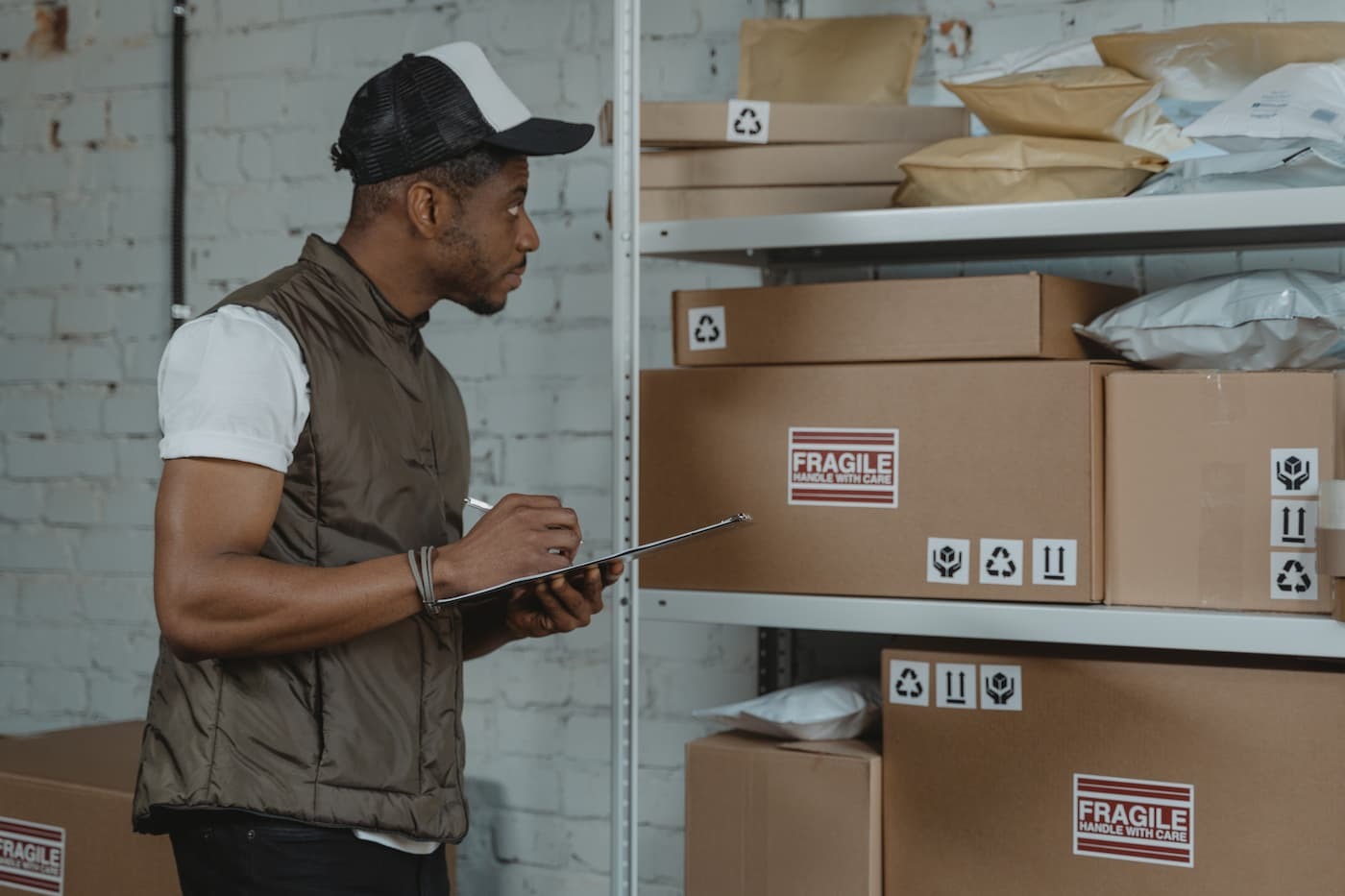How retailers can deal with overstock and surplus inventory
Editorial Team
4 min read
Managing overstock inventory is part of doing business. In a perfect world, every item would fly off the shelves, but dealing with surplus inventory is a constant consideration for small business owners. How much is the right amount to order? What’s the best way to keep track of what’s selling? And how do you minimize losses on overstock inventory?
Here are some common questions and best practices for dealing with surplus inventory.
How can you prevent overstock inventory?
First, you need to know what items are moving and what items aren’t. So, keeping close tabs on customer demand and your business supply is a core business strategy. Clover retail POS systems offer robust tracking and reporting that can help you keep tabs on what’s selling and what’s not–anytime, anywhere. And, they have a variety of integrated applications that help retailers manage inventory by automating the process of and minimizing busy work.
For those who do business online and in-store, for instance, SKU IQ syncs eCommerce and POS sales to keep track of inventory across platforms in real-time. And Clover Inventory allows a wide range of customization to meet the needs of your business and your personal management style.
Why is it bad to have too much inventory?
While it’s never a bad idea to keep a little safety stock on-hand, overstock inventory does have a number of associated costs: the purchase price from the supplier, storage, potential insurance or tax costs, and risk that the item will depreciate in value the longer it doesn’t sell.
That means selling overstock inventory should be a top priority for small businesses–especially when storage or display space is limited. You can use tactics like rewards, promotions, and gift cards to help move inventory. See for yourself how these merchants run their businesses with rewards.
What to do with overstock inventory
There are a number of ways to deal with excess inventory that minimize potential losses.
Adjust your sales strategy
Try repositioning items in store or online to maximize attention and increase their appeal to customers. That could mean creating an eye-catching display or framing the item as a special, seasonal offer. And be sure to use the checkout counter to help move inventory during the checkout process. Here are a few checkout counter ideas, for starters.
Offer promotions or discounts
Of course, discounts can be an obvious strategy to move items off the shelves. Consider taking the opportunity to create a sales event that draws new customers into the store. Clover Promos helps take the work out of creating promotions and connecting with customers. See how real-time promos can drive foot traffic.
Use surplus inventory to your advantage
Make overstock inventory work to your benefit by using it as an incentive to generate sales. Offer surplus items at a deep discount with purchases over a certain amount to reward loyal and high-spending customers. Or, offer surplus items as free gifts bundled in with big receipts. Consider the cost of the items as part of your marketing budget for drawing in new business. You could even offer a small gift card with the purchase of overstock items. Check out these reasons other merchants love gift cards for ideas.
Negotiate with vendors
If you have good working relationships with your vendors, talk to them about which items aren’t selling and whether they’re willing to swap out or take those items back. Moving items off shelves benefits vendors, too, so they have an incentive to work out solutions.
Give back to your community
Consider donating surplus inventory to local charities where they would benefit your community. Investing in the livelihoods of your neighbors is always good for business, and many donations are also tax deductible.
Liquidate or recycle
Liquidators generally work with retailers that are going out of business, but some also take surplus inventory. Consult with your accountant or local tax regulations to make sure you’re complying with the requisite tax requirements. And, worst case, you could consider recycling surplus inventory to reduce the impact of waste on the environment.
It’s essential to manage overstock inventory in a way that minimizes potential losses to your business. Contact a Clover Business Consultant to see how using a POS system with inventory management can help you run your business better.
Related Posts
7 tips for photographing jewelry
5 challenges every small business owner faces (+ solutions!)
Popular Topics
Stay In Touch
Sign up and learn more about Clover.
Thank you for your subscription!
Recent Stories
- Jewelry store supplies and equipment needed for opening day
- How small businesses can use employee discounts to retain staff
- Tips and tricks for opening an outdoor pop-up restaurant
Please share your contact information
to access our premium content.
Thank you for sharing your contact information.
Download Now





